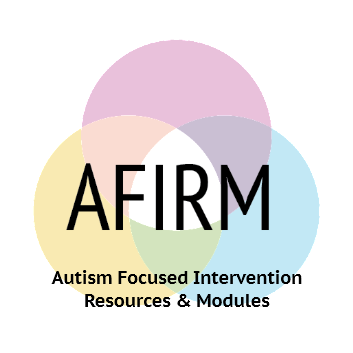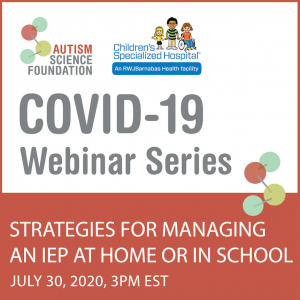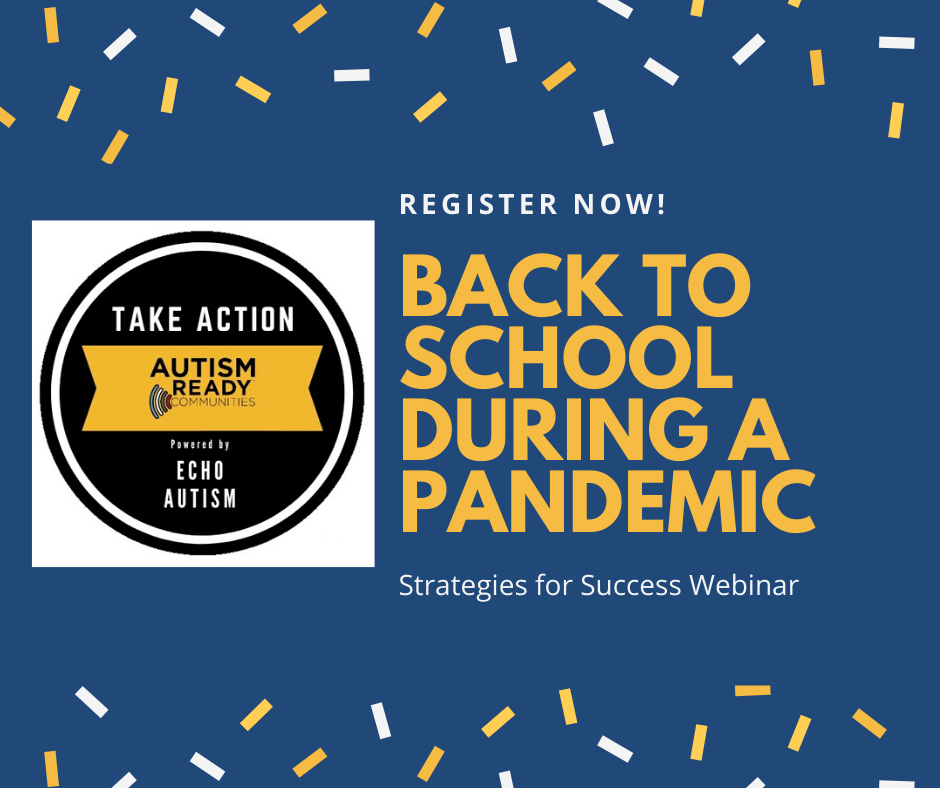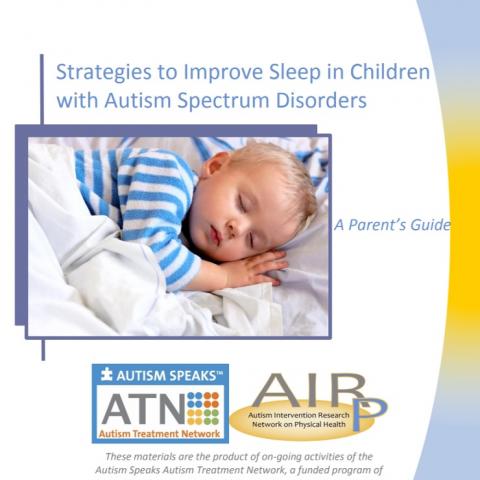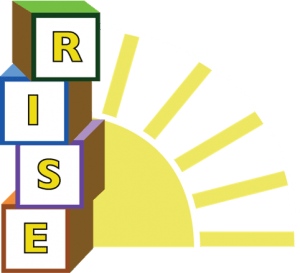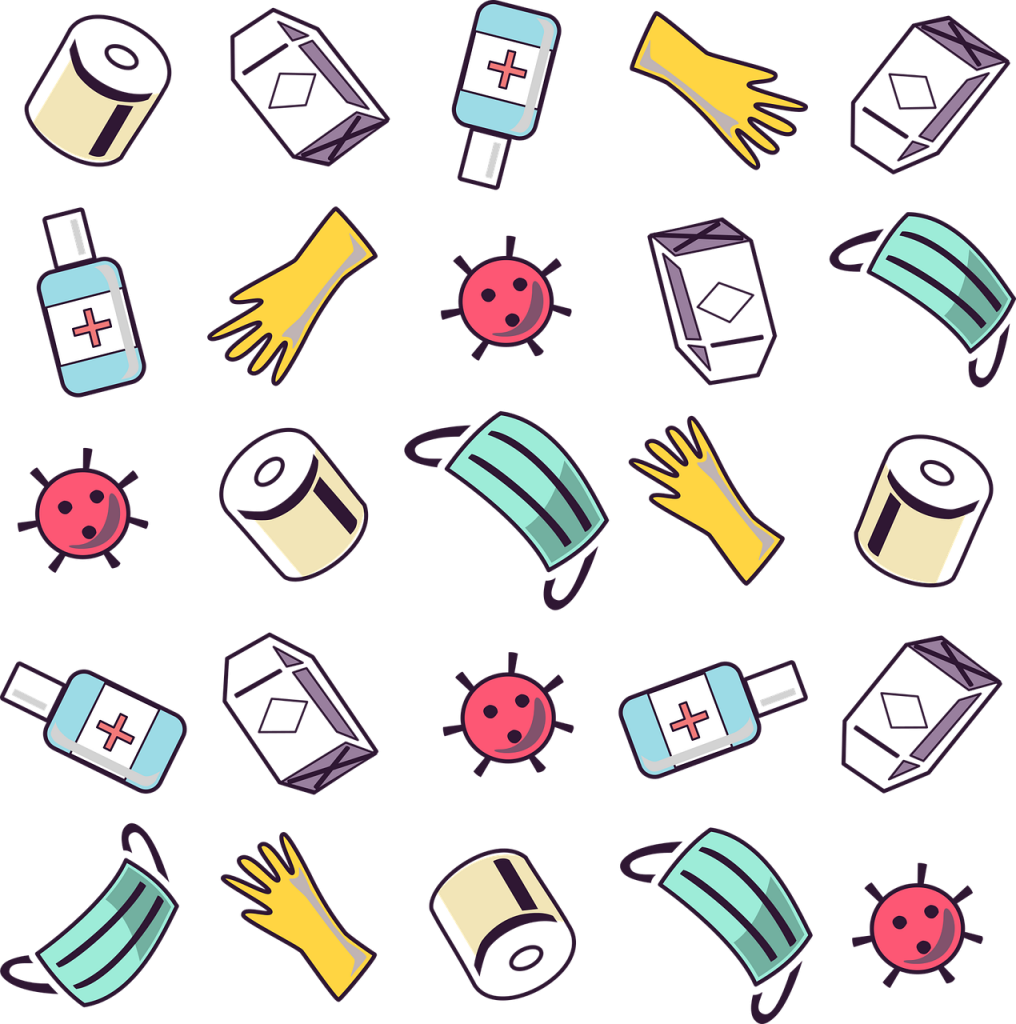
Elmo, Julia, and all our other friends on Sesame Street are excited to share ideas for at-home fun! The “Especially for Families with Autism” section of the Sesame Street in Communities website houses videos, storybooks, and printable activities for children at different ages. Articles for parents on a wide variety of topics are also available – two of which are authored by the READi lab’s very own Dr. Wendy Stone! Read why Dr. Stone recommends using a visual schedule and her suggestions to tackle the challenges of working from home.
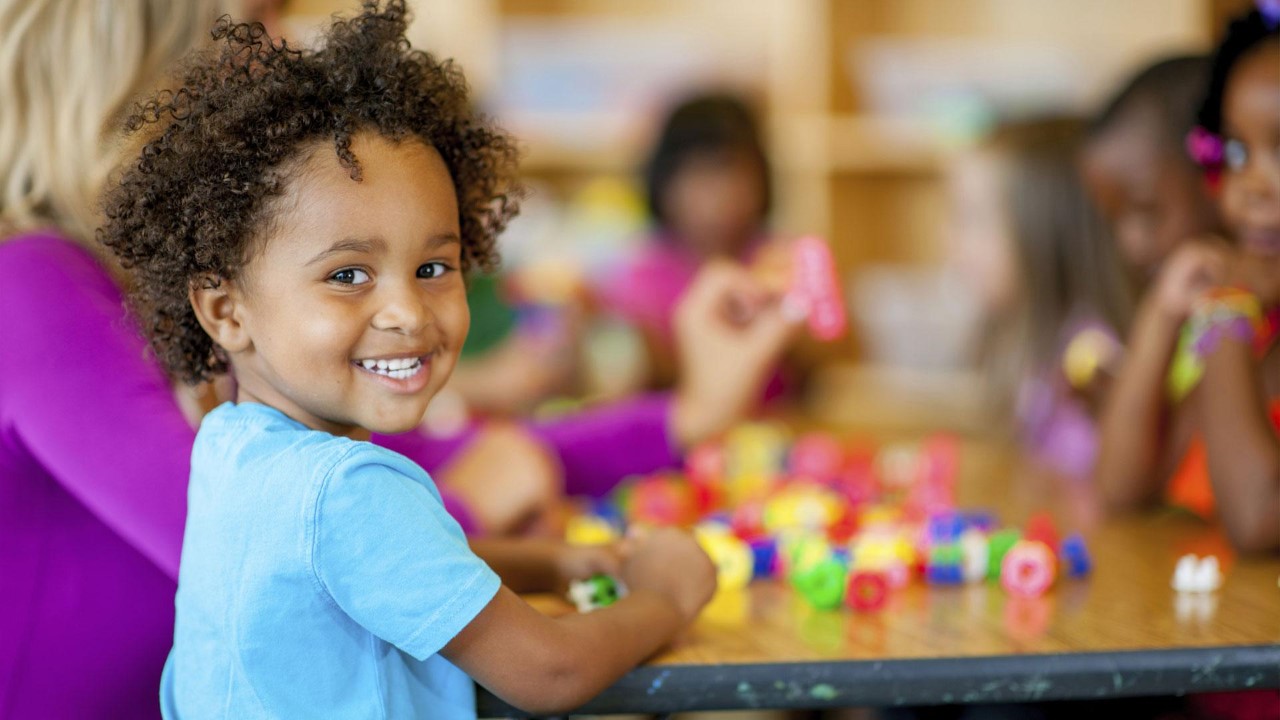

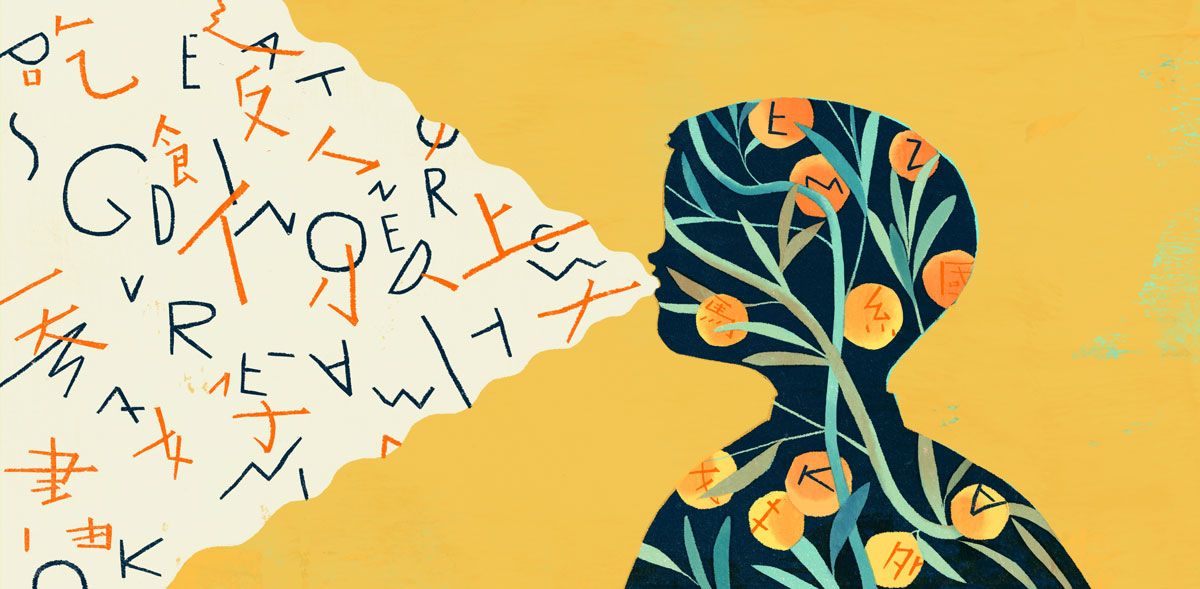


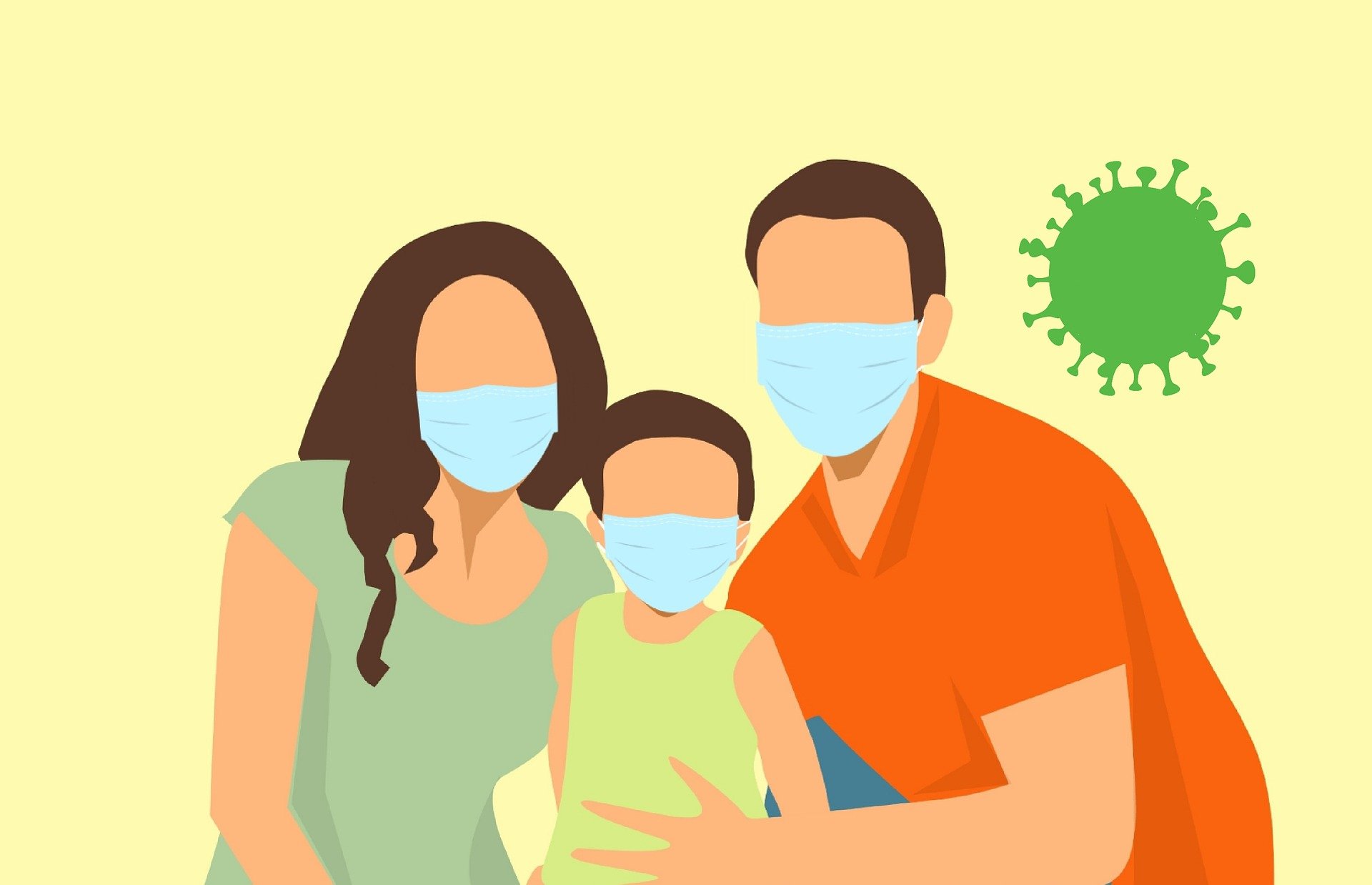
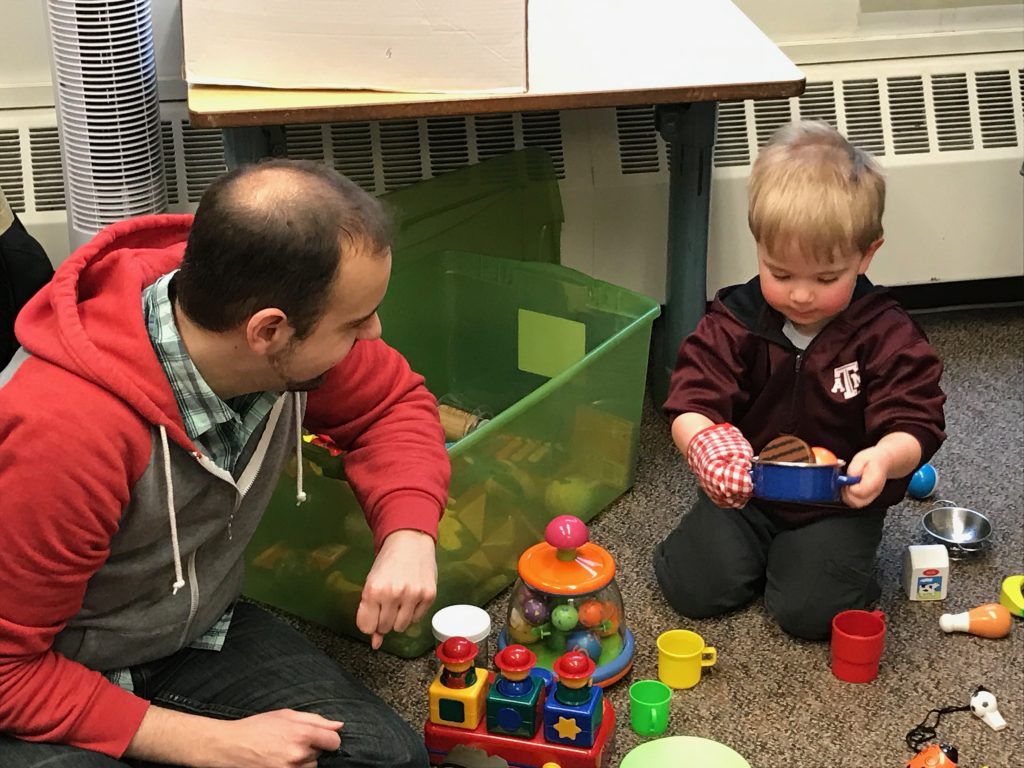
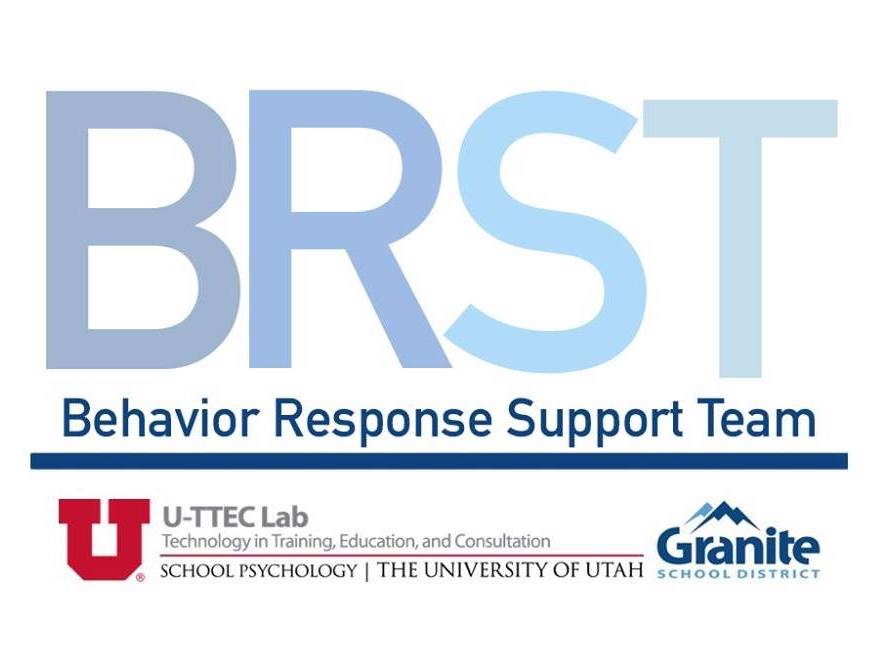 The Behavior Response Support Team (BRST) with the University of Utah released short informative videos for caregivers and their children. Most videos are adapted to the age of the child and are available in a wide variety of languages and across multiple social media platforms, such as Instagram and YouTube. Regardless of whether kiddos will be continuing virtual learning or will be returning to in-person instruction this fall, tips and tricks are available to ease the transition for caregivers and their students! Topics range from normalizing mask-wearing and social distancing, establishing routines and schedules, ensuring students’ safety online, tackling boredom, and beyond! Access the entire library of videos
The Behavior Response Support Team (BRST) with the University of Utah released short informative videos for caregivers and their children. Most videos are adapted to the age of the child and are available in a wide variety of languages and across multiple social media platforms, such as Instagram and YouTube. Regardless of whether kiddos will be continuing virtual learning or will be returning to in-person instruction this fall, tips and tricks are available to ease the transition for caregivers and their students! Topics range from normalizing mask-wearing and social distancing, establishing routines and schedules, ensuring students’ safety online, tackling boredom, and beyond! Access the entire library of videos 